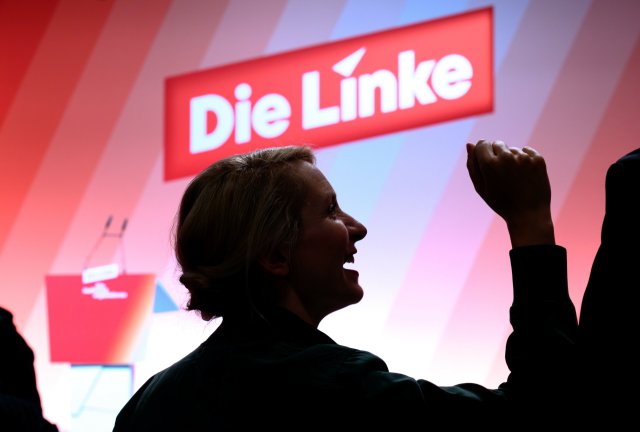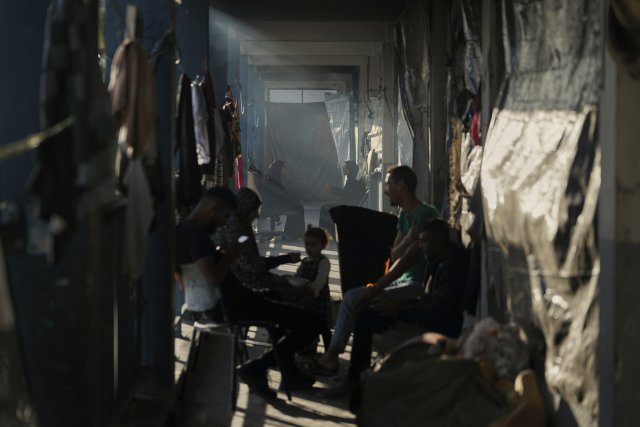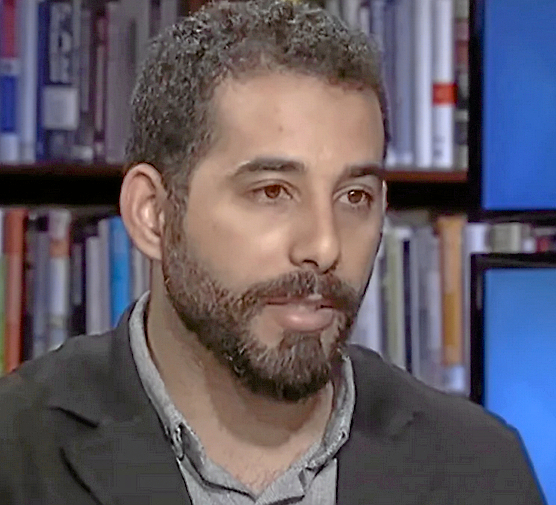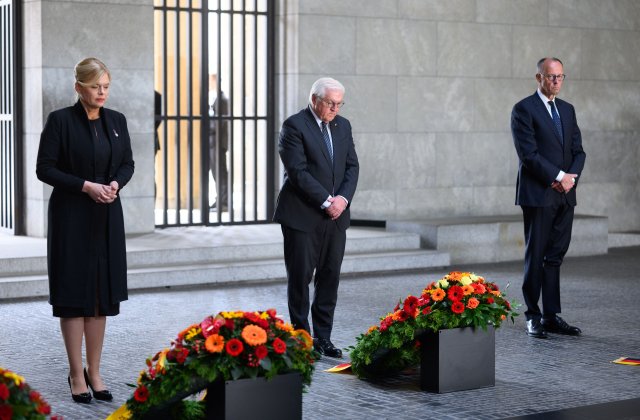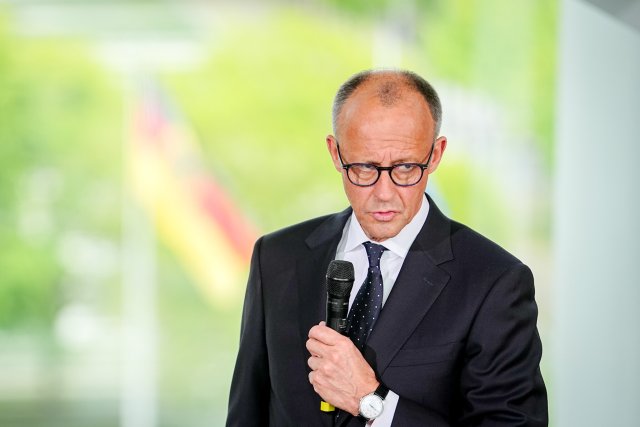- Kommentare
- strike
Berlin teachers are fighting for all of us
Today and tomorrow, educators are on strike. Why have there been so many strikes recently? A guide to the alphabet soup of union struggles in Germany
What's been going on with Berlin's teachers this year? Today and tomorrow, thousands of them are on strike. For my friend Bob, this means his kids stay home and stare at their screens while he tries to work. Not a good system, but he can’t afford a babysitter for 20 euros an hour. Other families have been commandeering grandparents, but that's not an option for many immigrants.
In his gut, Bob knows that these strikes are for a good cause, but the teachers' union has not done enough to explain what they want, much less for non-German speakers (they provided a short letter in different languages as a PDF). For all you lefty parents out there, here is a guide to the alphabet soup of union struggles in Germany.
Today, thousands of teachers were on the streets demanding a raise. They are part of a huge union contract called TV-L that covers 2.5 million employees of Germany's federal states. Every two years, give or take, both sides negotiate a new TV-L, accompanied by huge one-day strikes. This is usually a boring ritual, but Germany has seen the highest inflation for 50 years, so this year has been unusually spicy.
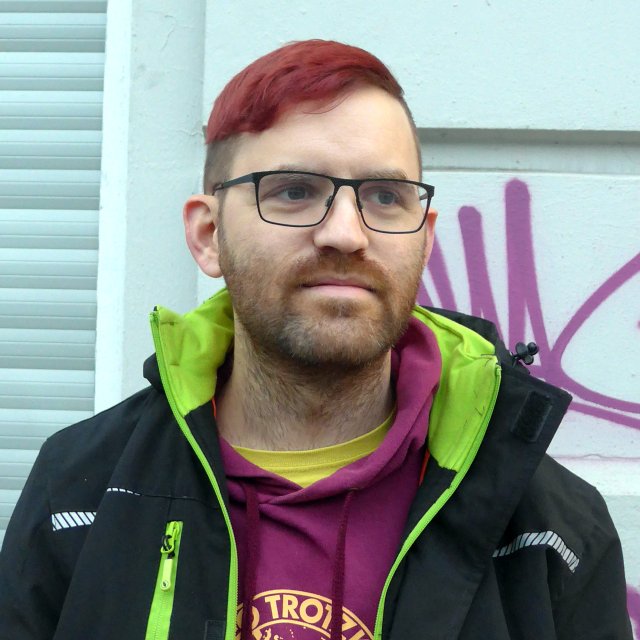
Red Flag is a column on Berlin politics by Nathaniel Flakin. It appeared in Exberliner magazine from 2020 to 2023 and found a new home at the Berlin newspaper nd – as their first content in English. If you like a regular dose of very local communist content, please share. Nathaniel is also the author of the anticapitalist guide book Revolutionary Berlin.
Den Beitrag auf Deutsch lesen.
The main unions behind TV-L – the GEW (education workers) and Verdi (service workers) – are demanding raises of 10.5 percent, with at least 500 euros more for everyone. The current strikes include not just teachers, but also workers at day care centers, universities, hospitals, government agencies and much more.
But Berlin teachers were striking before TV-L, too. They want a separate contract called TV-G to protect their occupational health. Teachers’ jobs are making them sick, so they are demanding smaller classes. The GEW wants a maximum of 19 students in primary schools and 24 students in high schools (they are proposing a complicated table). As »nd« reported, the GEW Berlin called their members out to 17 additional strike days in the last two years.
In contrast to the United States, teachers in Germany make more than starvation wages. But the workload is impossible. High-school teachers are expected to give 26 hours of classes per week. With grading, preparation, meetings and a million other responsibilities, that adds up to over 50 and sometimes over 60 hours. Thousands of teachers work »part-time« (still more than 40 hours). Thousands suffer from burnout or other chronic illnesses.
Due to the shortage of teachers (and even a shortage of university students training to become teachers), classes get overstuffed or canceled. This is part of a general crisis of German schools. As the international PISA study just showed, German students are doing worse than ever. Berlin's school buildings are crumbling, and at least 200 of them are full of asbestos. Some students try to avoid the bathrooms all day, as they haven't been renovated since the 1950s.
As Inés Haider, a social worker at a Neukölln school explained to me, this is not about »lazy teachers« looking to put their feet up. When there are 30 or more young people in a classroom, »the students who most need help simply can't get it.« Teachers want to do their jobs, but they’re not being allowed to. The union knows that there is no magic wand that will create thousands of qualified educators – but the government could at least commit to a plan to address the crisis.
Berlin's teachers are striking for their colleagues across the public sector, many of whom earn far less. As Ryan Plocher, an American teaching in Neukölln, explained it to me: »Education needs a lot more than teachers. We need staff in the offices, people cleaning the buildings, social workers in the local government – and they all need to be paid fairly!«
Above all, teachers are striking for better education for everyone. Bob points out: »If you added up all the missed work and all the pay to babysitters, then it would be cheaper to just pay teachers what they deserve.« Amen. That’s why it’s a shame that the GEW hasn’t been mobilizing parents and students to join the strikes. Bob and I and lots of other parents would like to show our solidarity!
Das »nd« bleibt. Dank Ihnen.
Die nd.Genossenschaft gehört unseren Leser*innen und Autor*innen. Mit der Genossenschaft garantieren wir die Unabhängigkeit unserer Redaktion und versuchen, allen unsere Texte zugänglich zu machen – auch wenn sie kein Geld haben, unsere Arbeit mitzufinanzieren.
Wir haben aus Überzeugung keine harte Paywall auf der Website. Das heißt aber auch, dass wir alle, die einen Beitrag leisten können, immer wieder darum bitten müssen, unseren Journalismus von links mitzufinanzieren. Das kostet Nerven, und zwar nicht nur unseren Leser*innen, auch unseren Autor*innen wird das ab und zu zu viel.
Dennoch: Nur zusammen können wir linke Standpunkte verteidigen!
Mit Ihrer Unterstützung können wir weiterhin:
→ Unabhängige und kritische Berichterstattung bieten.
→ Themen abdecken, die anderswo übersehen werden.
→ Eine Plattform für vielfältige und marginalisierte Stimmen schaffen.
→ Gegen Falschinformationen und Hassrede anschreiben.
→ Gesellschaftliche Debatten von links begleiten und vertiefen.
Seien Sie ein Teil der solidarischen Finanzierung und unterstützen Sie das »nd« mit einem Beitrag Ihrer Wahl. Gemeinsam können wir eine Medienlandschaft schaffen, die unabhängig, kritisch und zugänglich für alle ist.
